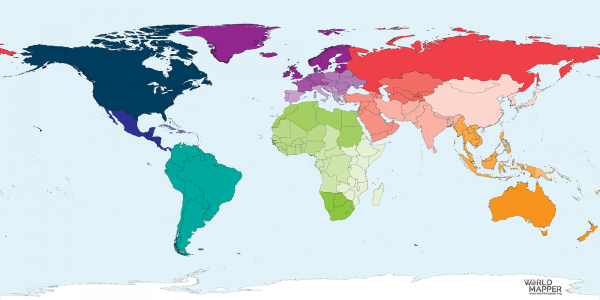Access to a secure, safe and sufficient source of fresh water is a fundamental requirement for the survival, well-being and socio-economic development of all humanity. Yet, we continue to act as if fresh water were a perpetually abundant resource. It is not.
The biggest number of the more than 800 milli0n people with no access to at least basic drinking water live in India, followed by Ethiopia, Nigeria and China.
Eritrea has the lowest rate of people with access to clean water, less than 20%. Papua New Guinea, Uganda and Ethiopia follow with just below 40%. The worst European country is Serbia, where almost 10% of the population don’t have access to clean water.
Providing access to clean water and sanitation is one of the UN Sustainable Development Goals:
Water scarcity affects more than 40 percent of people around the world, an alarming figure that is projected to increase with the rise of global temperatures as a result of climate change. Although 2.1 billion people have gained access to improved water sanitation since 1990, dwindling supplies of safe drinking water is a major problem impacting every continent.
